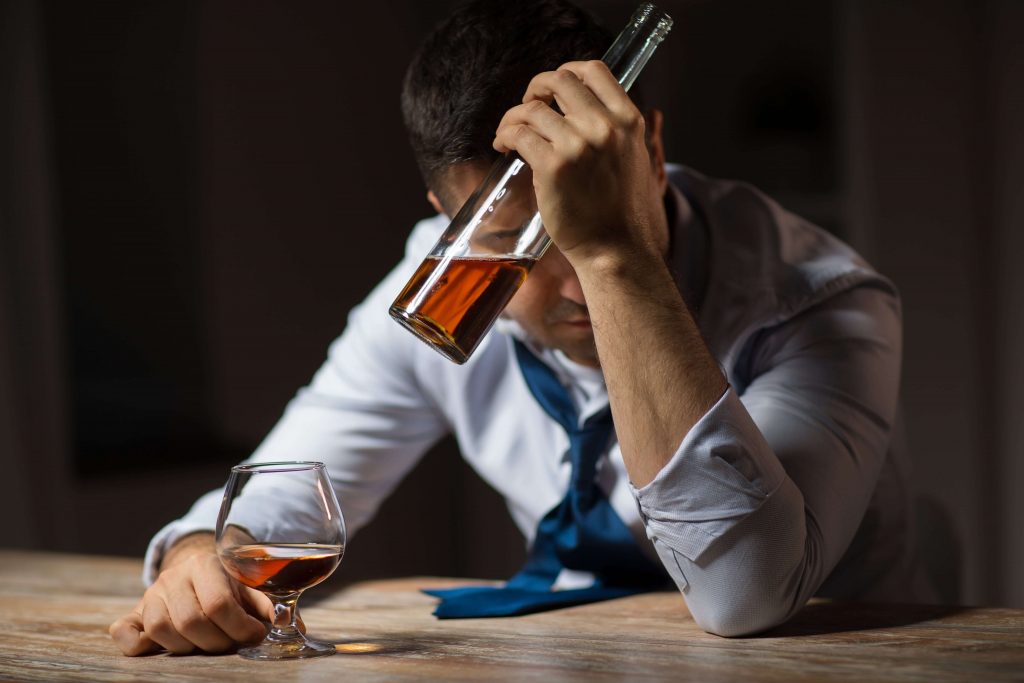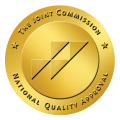Drinking alcohol to cope with stress, anxiety, and life challenges is a form of self-medication. Although the thought process behind self-medication is “I’m doing this to help that,” this pattern of behavior is unhelpful, and ultimately, a bad idea. In addition to masking and denying reality, self-medication can lead to addiction and relapse. The good news is you can stop self-medicating with alcohol. Here’s how.
How to Stop Self Medicating
Instead of responding to life’s challenges with alcohol, you can:
1. Engage in hobbies and healthy activities you enjoy when you feel the urge to drink
You probably feel most prone to self-medicating with alcohol when you’re having a tough time. When you feel like this, participating in activities you enjoy can help relieve stress and calm your mind. Reading, writing, listening to music, creating art, fishing, cooking, gardening, dancing, or playing a board or video game can help produce cathartic feelings that can protect your wellbeing. You can also try different hobbies to find what speaks to you and protects your peace.
2. Exercise to release negative emotions
Dealing with negative emotions can make you feel like you need a drink, but try exercise instead. Exercise helps your body release endorphins, or hormones that help relieve stress and diminish the perception of pain. Endorphins can also improve your mood and help your body produce feelings of pleasure. The type of exercise you choose is up to you but some of the most common options include:
- Running
- Walking
- Hiking
- Swimming
- Yoga
- Playing sports
- Biking
- Cycling
3. Use Healthier Coping Skills When You Have Alcohol Cravings
Self-medication is an unhealthy way of coping with difficulties. Luckily, there are healthier ways of coping with life’s challenges. For example, when you feel like you need a drink, you can:
- Watch something funny when you’re upset, frustrated, and irritated
- Practice breathing exercises when you’re stressed
- Try progressive muscle relaxation when you’re dealing with distressing situations
- Look at pictures of people, places, and things that bring you joy when you’re down
- Use the 5-4-3-2-1 coping technique when you’re anxious and apprehensive
- Journal your thoughts and feelings
4. Ask for professional help
Despite what you might think, alcohol isn’t useful or helpful in making you feel better. Until you come to accept this fact, you will likely continue to use alcohol to self-medicate. Fortunately, therapy can help change your inaccurate views and thoughts about alcohol. Cognitive behavioral therapy (CBT), for example, can help you identify and change harmful thoughts into healthier patterns of thinking. When this happens, your feelings about your situation can change, which can lead to healthier patterns of behavior. Therapy can also help you work through the issues that triggered self-medication in the first place and teach you new healthier ways of coping.
Give Up Alcohol For Good
Using alcohol to cope with stress, anxiety, and challenges may seem harmless, but that pattern of behavior can easily lead to alcohol abuse and addiction. The stress, anxiety, and difficulties you’re dealing with may not go away, but there’s a better way to live. Instead of turning to alcohol when you’re down and out, frustrated, and overwhelmed, you can:
- Exercise
- Do hobbies and activities you enjoy
- Talk to a therapist
- Enroll in a professional addiction treatment program
Alcohol doesn’t have to continue to rule your life. Our wide range of treatment programs can help you reclaim your life and give up alcohol for good. Contact us today to learn more.









